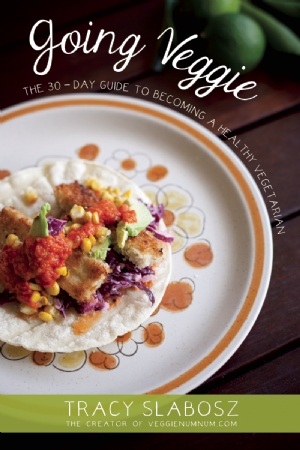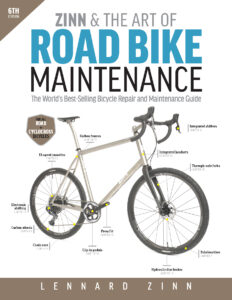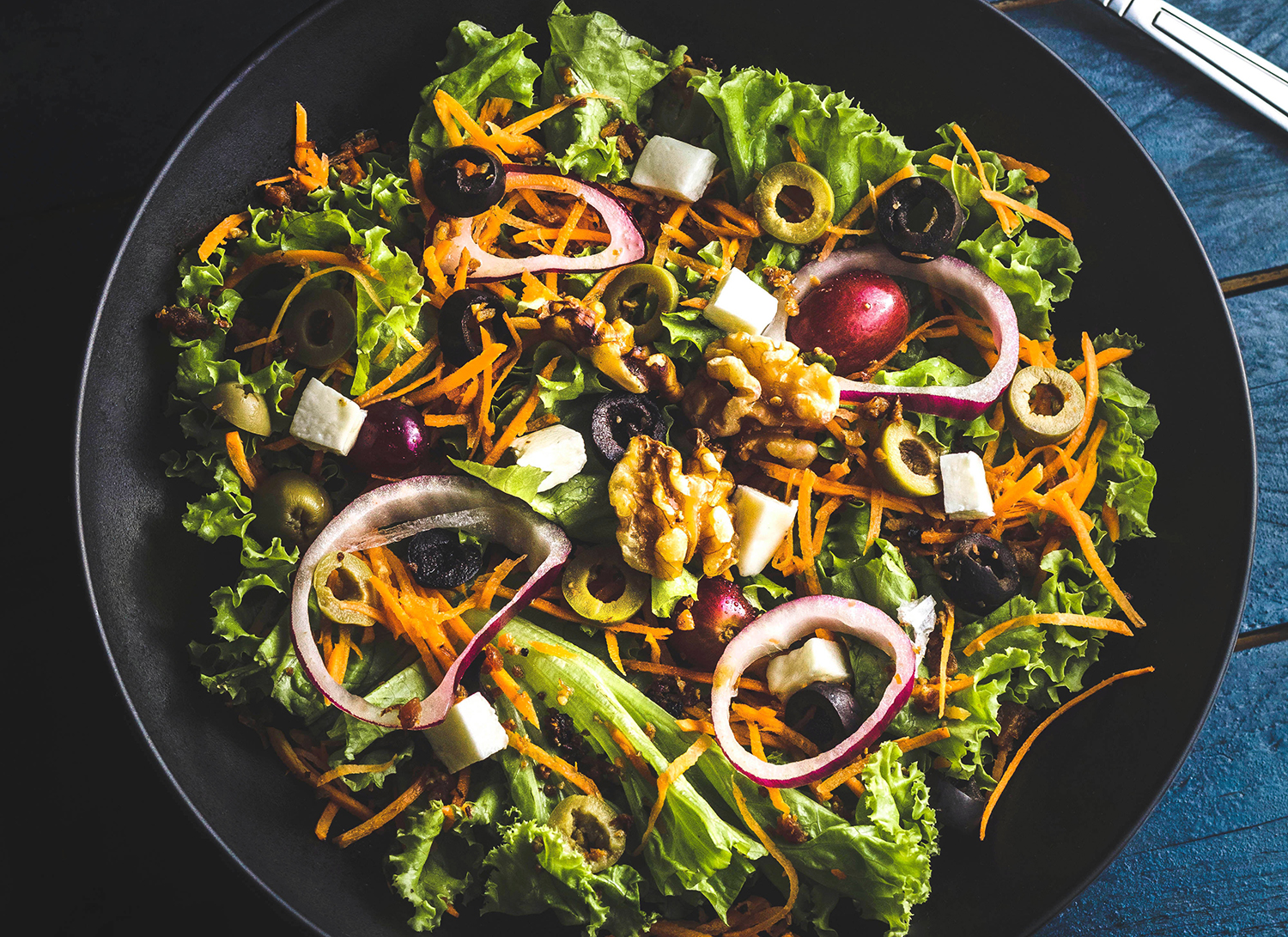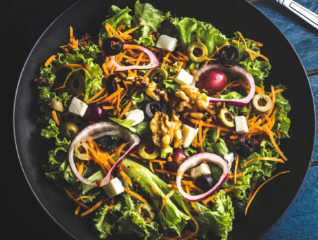
The Best Diets of 2020
- Health
Get started with the Best Diets of 2020 with these great books
The Best Diets of 2020 are out!
Take a look at the full list and how each diet scored at U.S. News & World Report.
Take a peek at the Top 20 Diets of 2020:
#2 The Flexitarian Diet (tie)
#4 Weight Watchers Diet
#5 Mayo Clinic Diet (tie)
#5 Volumetrics Diet (tie)
#8 TLC Diet
#9 Nordic Diet (tie)
#9 Ornish Diet (tie)
#12 Fertility Diet (tie)
#12 Jenny Craig Diet (tie)
#15 Dr. Weil’s Anti-Inflammatory Diet (tie)
#15 Nutritarian Diet (tie)
#18 The Engine 2 Diet (tie)
#18 South Beach Diet (tie)
#20 Biggest Loser Diet
#1 The Mediterranean Diet
“It’s generally accepted that the folks in countries bordering the Mediterranean Sea live longer and suffer less than most Americans from cancer and cardiovascular ailments. The not-so-surprising secret is an active lifestyle, weight control, and a diet low in red meat, sugar and saturated fat and high in produce, nuts and other healthful foods. The Mediterranean Diet may offer a host of health benefits, including weight loss, heart and brain health, cancer prevention, and diabetes prevention and control. By following the Mediterranean Diet, you could also keep that weight off while avoiding chronic disease.
There isn’t “a” Mediterranean diet. Greeks eat differently from Italians, who eat differently from the French and Spanish. But they share many of the same principles. Working with the Harvard School of Public Health, Oldways, a nonprofit food think tank in Boston, developed a consumer-friendly Mediterranean diet pyramid that offers guidelines on how to fill your plate – and maybe wineglass – the Mediterranean way.”
Living the Mediterranean Diet
A full-color guide to the Mediterranean Diet featuring weight-loss techniques, lifestyle changes, and tasty recipes What's better than a diet that improves health, burns fat, and helps the pounds drop? The same diet serving up unbelievably delicious meals! Inspired by the cuisines of Italy, Greece, the Middle East, and Northern Africa, the
Learn more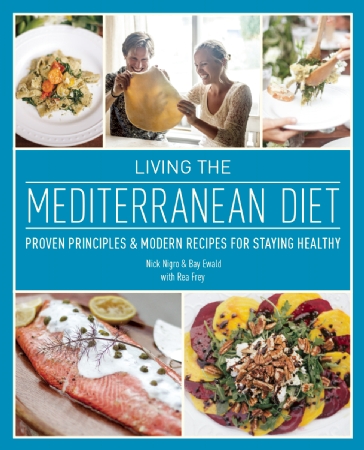
#2 The DASH Diet
“The DASH Diet, which stands for dietary approaches to stop hypertension, is promoted by the National Heart, Lung, and Blood Institute to do exactly that: stop (or prevent) hypertension, aka high blood pressure. It emphasizes the foods you’ve always been told to eat (fruits, veggies, whole grains, lean protein and low-fat dairy), which are high in blood pressure-deflating nutrients like potassium, calcium, protein and fiber. DASH also discourages foods that are high in saturated fat, such as fatty meats, full-fat dairy foods and tropical oils, as well as sugar-sweetened beverages and sweets. Following DASH also means capping sodium at 2,300 milligrams a day, which followers will eventually lower to about 1,500 milligrams. DASH Diet is balanced and can be followed long term, which is a key reason nutrition experts rank it as U.S. News’ Best Overall Diet, tied with the Mediterranean Diet.”
The DASH Diet Cookbook
Mouthwatering recipes for the diet ranked number one in terms of weight loss, nutrition, and prevention of diabetes and heart disease Originally developed by the National Institutes of Health and released without the marketing hoopla behind other diets, the DASH (Dietary Approach to Stop Hypertension) diet’s amazing effectiveness has led
Learn more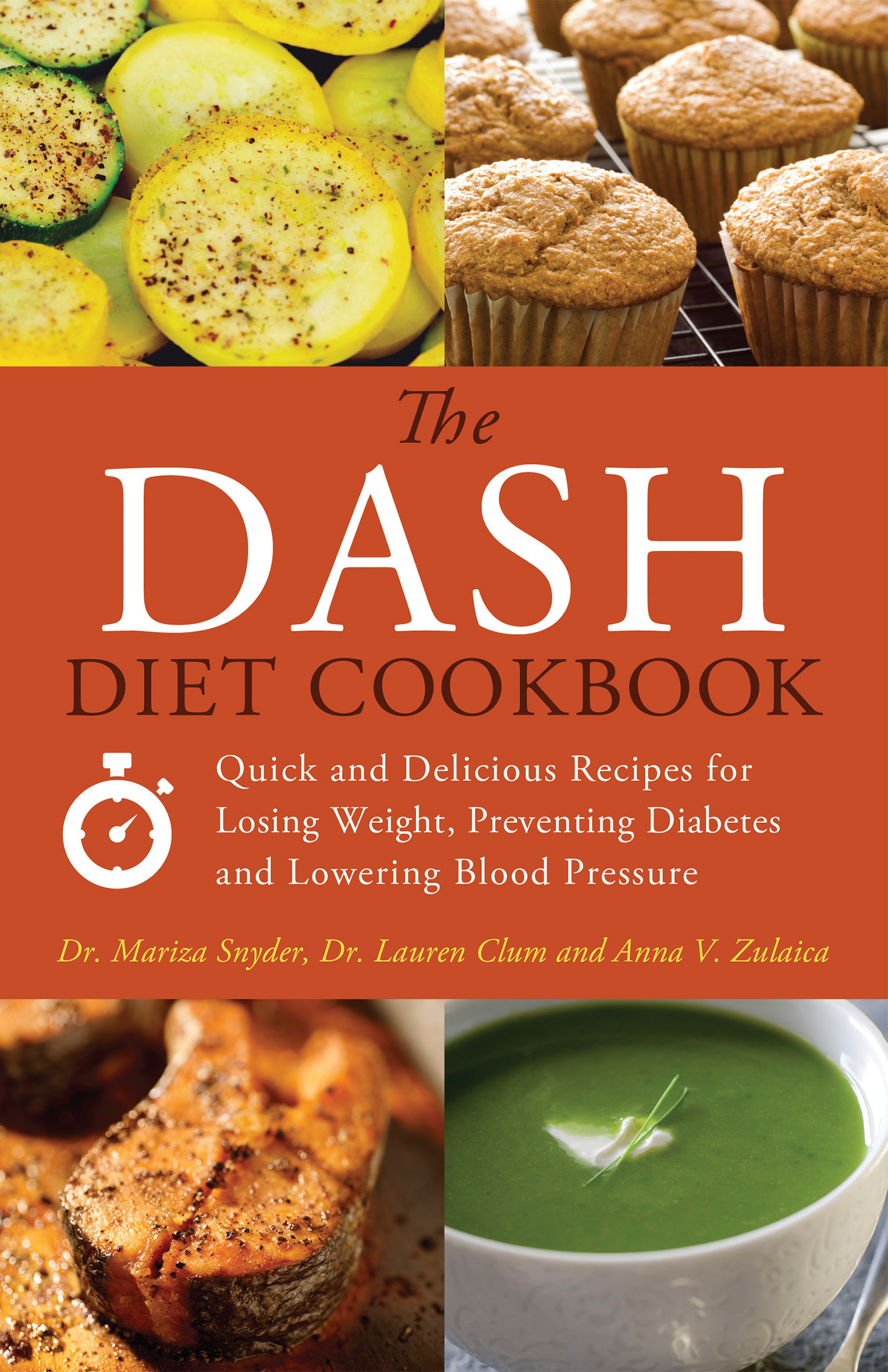
#5 The MIND Diet
The MIND diet takes two proven diets – DASH and Mediterranean – and zeroes in on the foods in each that specifically affect brain health, which may lower your risk of mental decline, according to initial research. And though there’s no surefire way to prevent Alzheimer’s disease, eating healthful mainstays such as leafy greens, nuts and berries may lower a person’s risk of developing the progressive brain disorder. The MIND diet, which stands for Mediterranean-DASH Intervention for Neurodegenerative Delay, was developed by Martha Clare Morris, a nutritional epidemiologist at Rush University Medical Center, through a study funded by the National Institute on Aging and published online February 2015. The study found the MIND diet lowered Alzheimer’s risk by about 35% for people who followed it moderately well and up to 53% for those who adhered to it rigorously. And while more study is still needed to better understand the long-term impact of the diet, her team’s second paper on the MIND diet notes that it’s superior to the DASH and Mediterranean diets for preventing cognitive decline.
The MIND Diet
An easy-to-follow guide to the new breakthrough diet that's shown to improve your brain health Enjoying a high quality of life as you get older means taking care of your brain as much as your body. And research suggests that what you eat today will help (or hurt) your cognitive abilities later. The MIND Diet explains the science
Learn more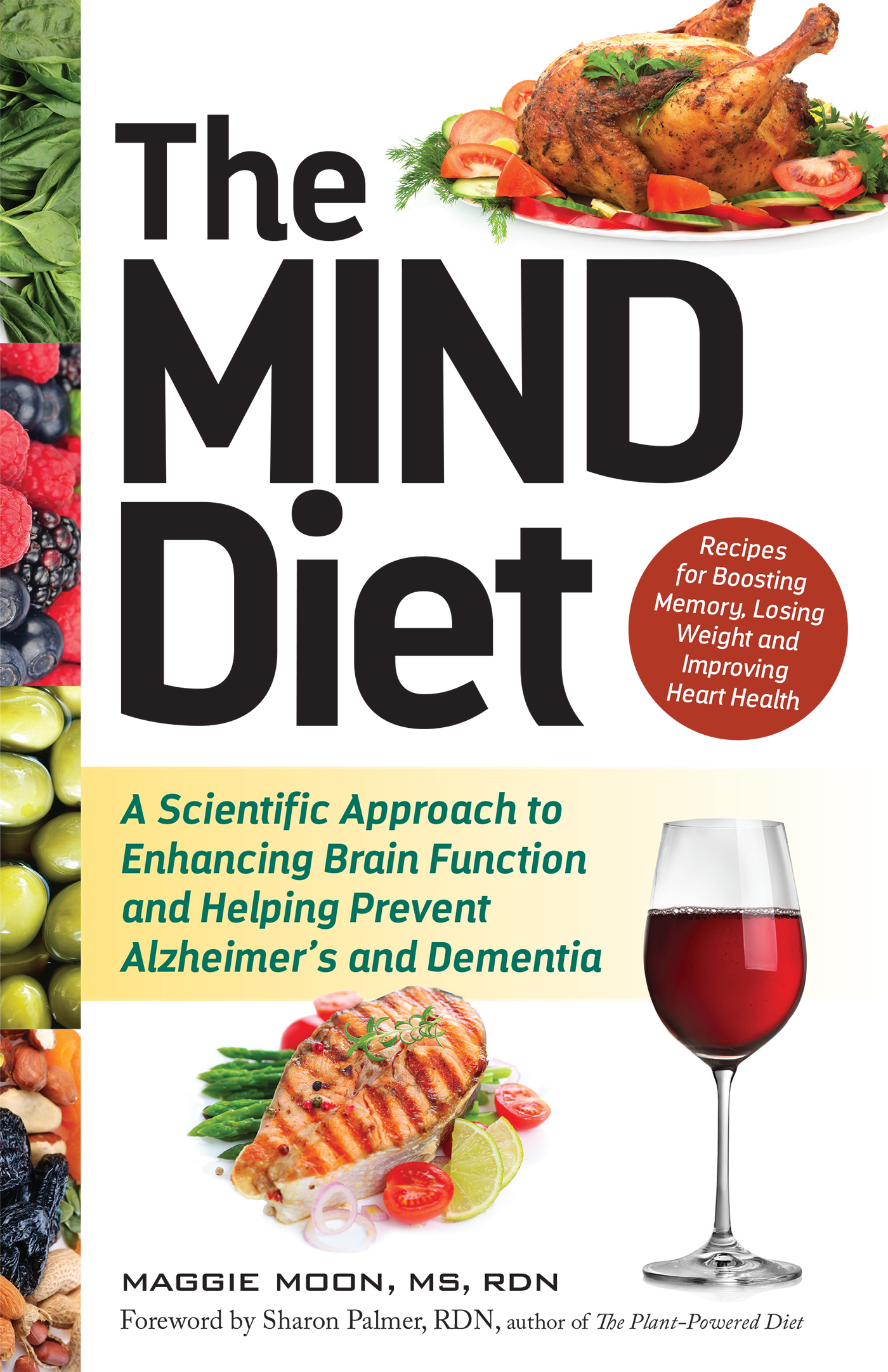
#9 Vegetarian Diet
“There are different types of vegetarian diets. What kind of vegetarian do you want to be? Most choose a lacto-ovo approach, turning their backs on meat, fish and poultry, but still eating dairy products and eggs. (Lacto-vegetarians, meanwhile, also nix eggs, whereas ovo-vegetarians also nix dairy; vegans exclude all animal products.) For the lacto-ovo camp, the government’s 2015-20 Dietary Guidelines can help you develop a healthy plan. You can figure out how many meatless calories you should eat (Appendix 2, page 77) and where they ought to come from (Appendix 5, page 86) to get all the nutrients you need.
A daily 2,000-calorie diet, for example, should include 2 cups of fruit, 2 1/2 cups of vegetables, 3 cups of dairy, 6 “ounce-equivalents” of grains and 5 1/2 ounce-equivalents of protein. The fine print will tell you how much actual food is in an ounce-equivalent. For grains, one ounce-equivalent is a slice of bread or a 6-inch tortilla; for protein, it’s an egg or quarter-cup of cooked beans. As with any diet, boredom is avoided through variation – like incorporating different-colored veggies and sources of protein to get the nutrients you need.”
Going Veggie
DISCOVER THE EASY AND SATISFYING WAY TO ACHIEVE A HEALTHFUL, MEAT-FREE, CRUELTY-FREE LIFE IN JUST 30 DAYS! Going vegetarian is a lifestyle change that millions strive for. But it isn't as simple as "eat this and not that." Such a radical lifestyle change can be daunting in the face of a culture and food industry based on eating animals. How
Learn more